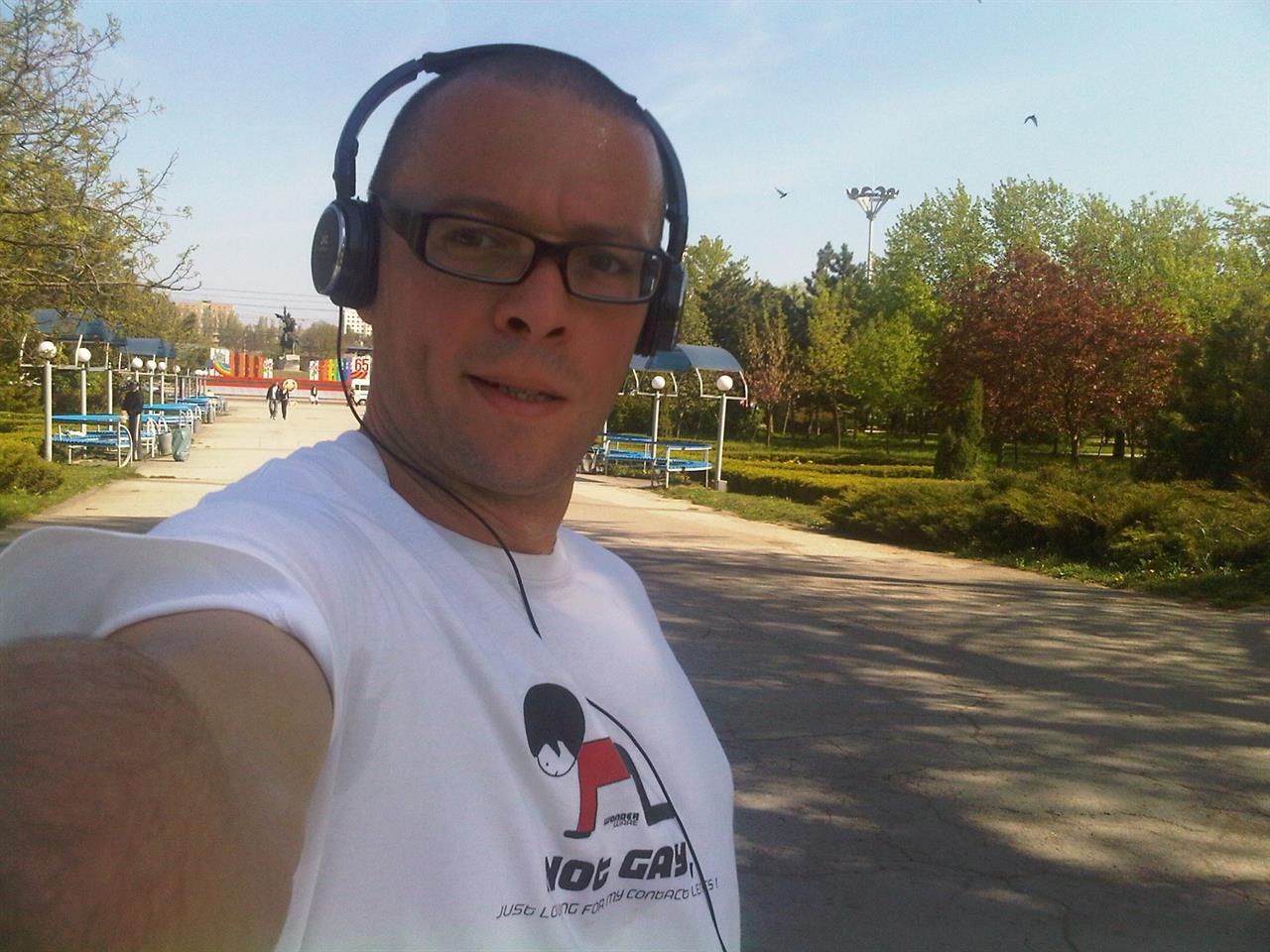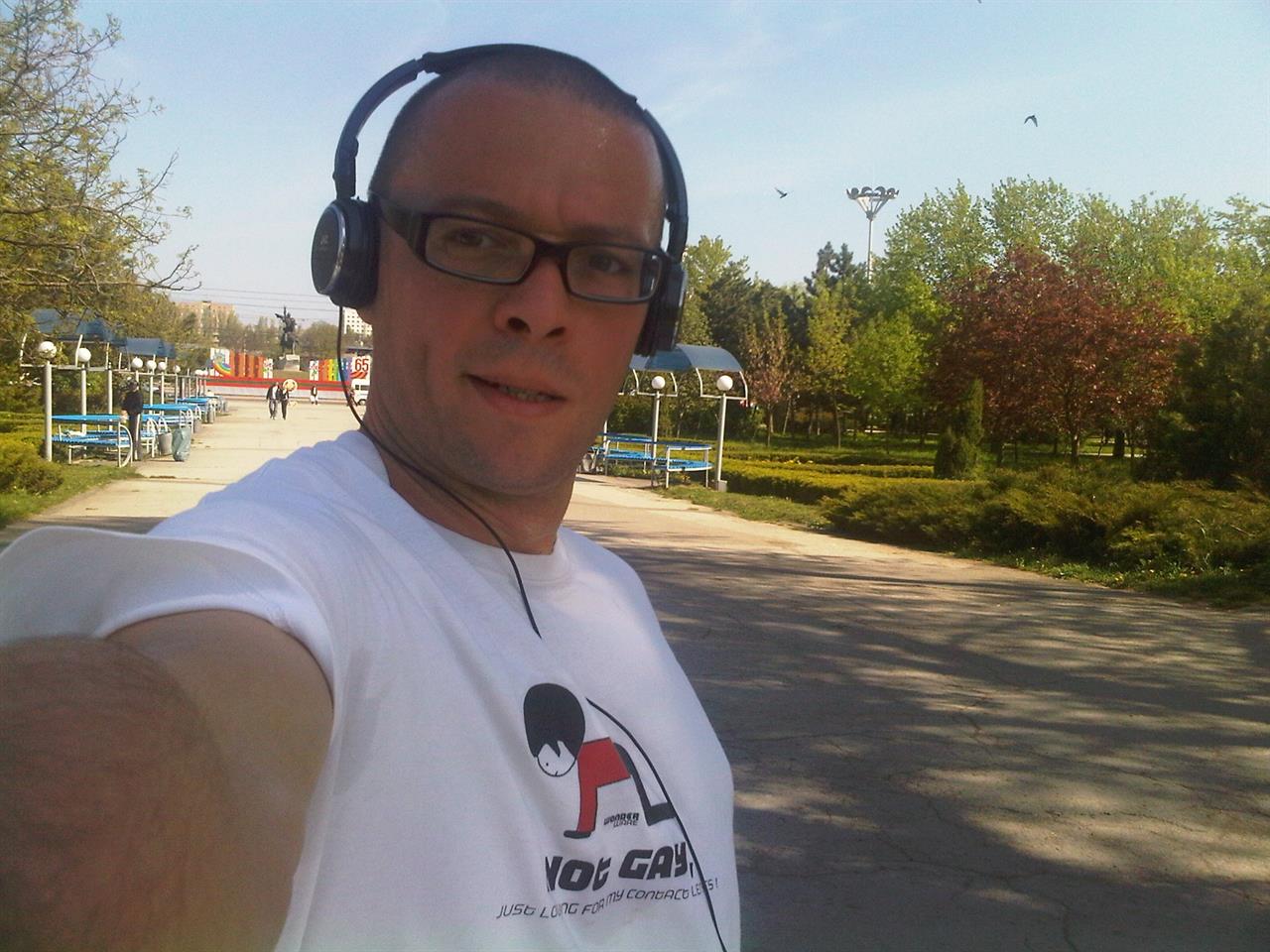
This weekend I had to advertise that ‘I’m not gay’, running up and down 25 October street, the main road in Tiraspol, to reassure our partners. Diversity is not a popular concept in Moldova, even within civil society.
The Kishinau City Council cancelled the Gay Pride planned on Sunday. I met the organisers who decided not to do it somewhere else because it would be dangerous for participants. Last year the bus leading the Pride – it was just a bus with demonstrators inside – was attacked by both religious and nationalist opponents while the police enjoyed the show.
We work in the country to empower civil society, bringing expertise and support together with our liberal values. We often shock them for our open attitude on sexual matters. Is this correct?
NGO practitioners are more tolerant than the average citizen but they don’t agree with Western liberals concerning such matters. One told me that he doesn’t want his kids to be exposed to such people. Another wants homosexuals to stay in the closet: “They must not go public!”
Some of these people risk their life challenging government to promote democracy, freedom and human rights. They are smart, brave and great fun.
However, there is a light clash of civilizations. In particular, they will have to face this if they want to join the European Union. Actually, everybody is very keen on this.
Naturally, I didn’t miss the opportunity to lead by example!
I told them about my new family: Daddy Alberto, Mummy Catherine and Uncle Filippo all together in the same house with respective partners to raise offspring. The parents are not a couple but just very good friends.
My view is simple: everybody is free to do whatever he/she wants as long as it doesn’t harm the freedom of others. To the fundamental principle of a liberal society, I would add that family is the corner stone of society. However a 21st Century family can be a man and a woman (or something else) as long as it is based on mutual support and care for future generations.
Such an open family is also the most efficient way of tackling social challenges: individuals help each other not because they are financially rewarded but because they care for each other. Public institutions must support such institutions and help in the transition from the traditional to the open society.
We will help civil society in future member states to lead on the transition.
Vuoi accedere all'archivio di VITA?
Con un abbonamento annuale potrai sfogliare più di 50 numeri del nostro magazine, da gennaio 2020 ad oggi: ogni numero una storia sempre attuale. Oltre a tutti i contenuti extra come le newsletter tematiche, i podcast, le infografiche e gli approfondimenti.

